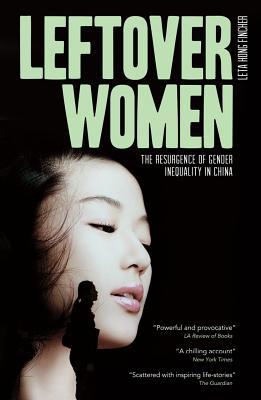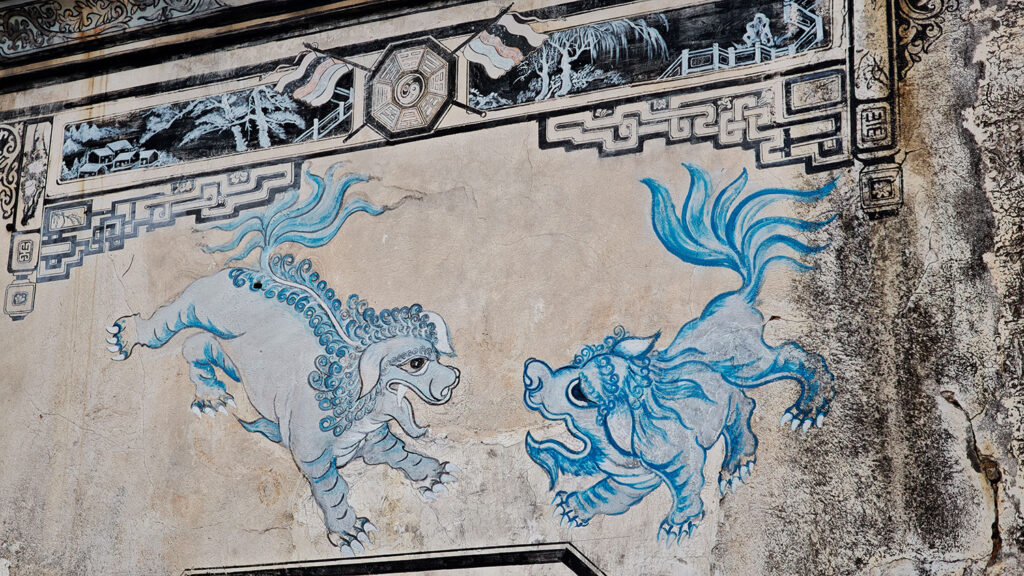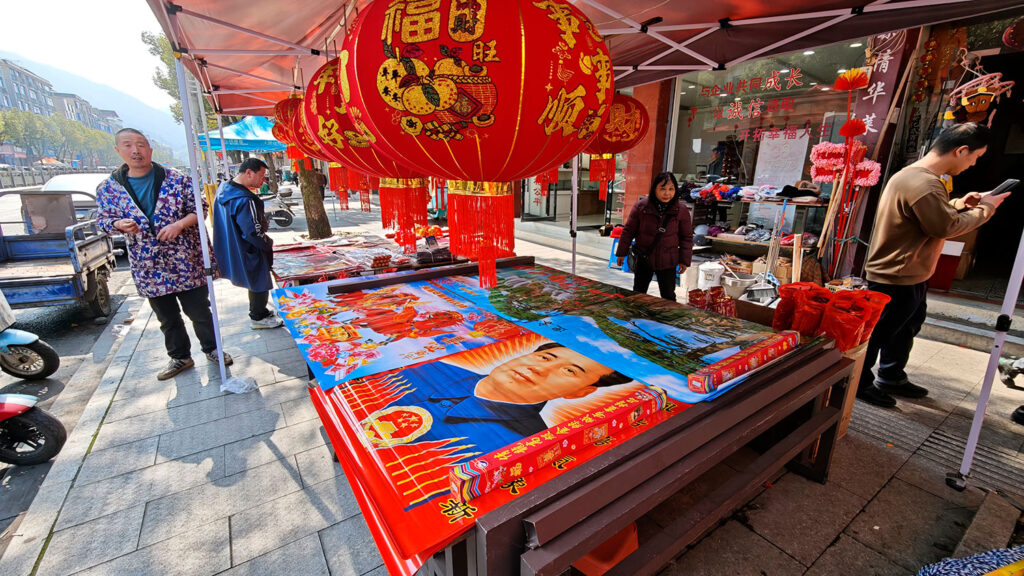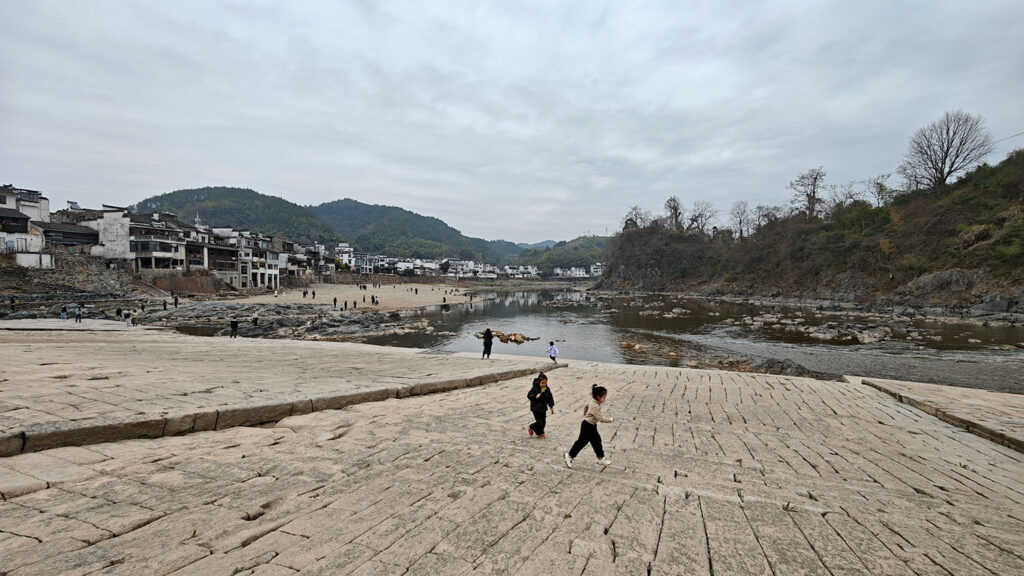
Through ‘Leftover Women: The Resurgence of Gender Inequality in China’, Leta Hong Fincher shares an important message and she deserves credit for this, but I have several problems with the book itself.
Firstly — and I say this while I understand that gathering quantitative research data about China is difficult — this book takes cherry-picking to the extreme. This is not so much about the women of China, but rather about the select number of women who replied to the author’s Weibo post — a group of around three hundred.
The author politicize their quotes and leads it all back to society’s stigmatization of leftover women — even when the respondents don’t clearly mention it. One women said she quit her job to become more appealing for marriage — which the author uses to prove that government propaganda causes highly educated women to quit their jobs. There is no question about how rare this case is or not. Women quoted saying they want to marry and have kids are also labelled ‘pressured by society’. I understand that dissecting culture is a messy, if not impossible job — but this is careless.
And it’s this bias that is felt throughout the book: Regulations that changed in women’s favor are questioned or belittled, but the regulations that work against women never get this same treatment — making the whole book feel extremely one-sided from the start.
There’s actually just one chapter about the stigma of leftover women, and it doesn’t run that deep. Two chapters are about home ownership (whereas one would have been enough), and the last two feel like random notes added to push the book to 200 pages.
One chapter consists of history; but what’s the point of comparing China 1,000 years ago to now? Again, the evidence is extremely anecdotal, covering dozens of centuries by a few excerpts from books. The other chapter is about LGBT rights, which feels slightly random and biased too.
A final annoyance for me; if you’re going to parade your Chinese skills and add pinyin words every now and then, at least do it well and add the tones.
It is clear that to be a woman in China comes with many difficulties and reading the book it angers me how unfair women are treated. There’s no doubt on my mind that it is important to share this with the world. But to me the shallowness and bias of the book don’t help. To convince others of the importance, we need strong and realistic evidence that speaks for itself. It is exactly in this where the book ‘Leftover women’ fails.



